SAN DIEGO-How much will I make? That question is, understandably, front and center for many otolaryngology residents and fellows weighing their first career opportunity.
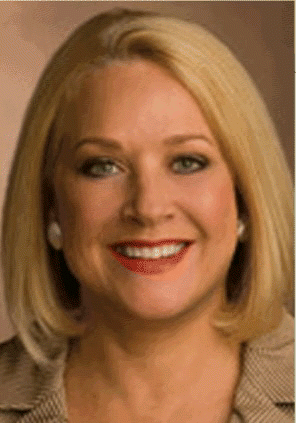

SAN DIEGO-How much will I make? That question is, understandably, front and center for many otolaryngology residents and fellows weighing their first career opportunity.
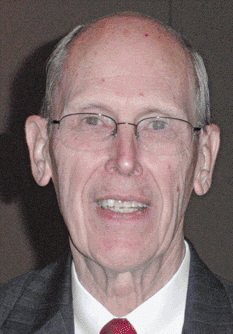
PHOENIX-As James D. Smith, MD, took his place behind the lectern to prepare to speak about what America’s role should be in the instruction of physicians in underprivileged and disease-stricken countries, a question was posed on the screen next to him: Do we have a responsibility to help?
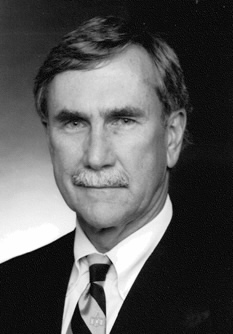
PHOENIX-The speciality of head and neck surgery has come a long way. But, along with huge advances in the types of treatments available and the technologies used, the profession is facing challenges-such as the recruitment of good candidates into the field and issues related to the regionalization and globalization of care.
PHOENIX-Laryngology is enjoying a resurgence in the world of endoscopy and the future of the field is promising, outgoing American Laryngological Association (ALA) President Roger L. Crumley, MD, MBA, said in his presidential address at the 130th annual meeting of the association, an address that touched on the discipline’s past as well as challenges it is facing.

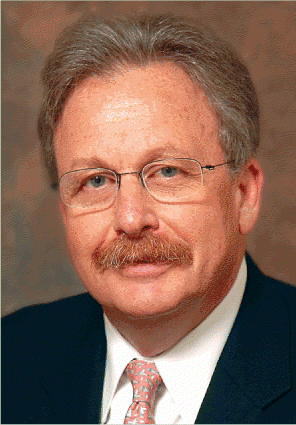
PHOENIX-Mentors seem to be a dying breed, but they shouldn’t be. Indeed, the importance of mentors was stressed in the Triological Society’s Presidential Address by Myles L. Pensak, MD, at the recent Combined Otolaryngological Spring Meeting here.
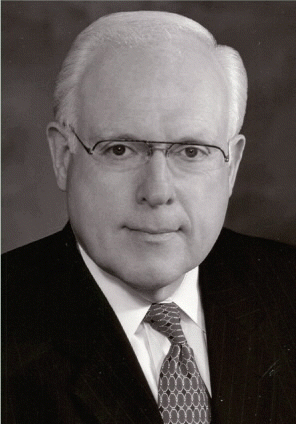
PHOENIX-With the election of President Barack Obama and with lawmakers in Washington poised to overhaul the health care system, with patients’ faith in their doctors faltering, and with health costs continuing to rise and quality becoming ever more questionable, Gerald B. Healy, MD, took the lectern for his keynote address here as if he were taking the helm of a ship at risk of being capsized by stormy seas.
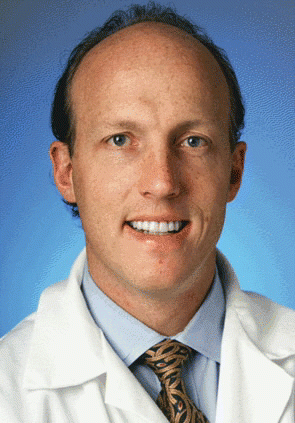
East Coast, West Coast, Midwest-when it comes to effective marketing techniques, otolaryngologists in private practice sound themes parallel to those shared by their colleagues in academic and group practices.
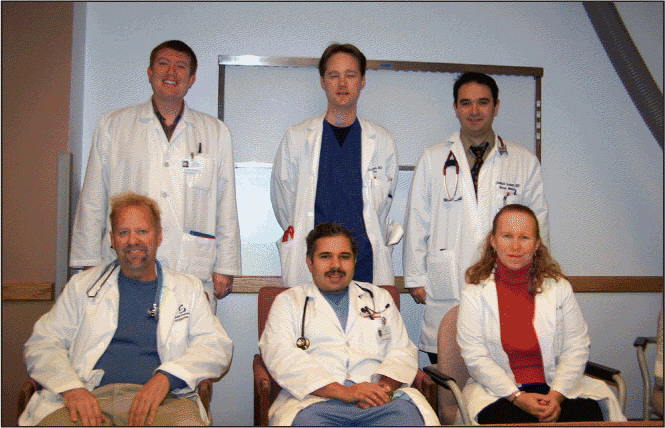
Medical residents used to work shifts so long that fatigue blurred their vision, clouded their judgment, and overall put them on the brink of mental and physical exhaustion.
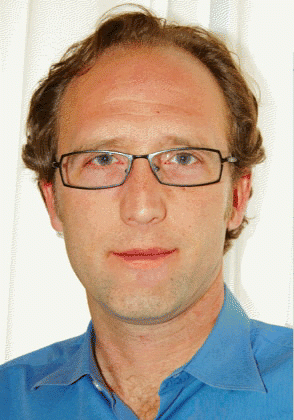
A quick scan of course offerings and lecture titles at medical meetings shows that bioentrepreneurship is a growing phenomenon in the United States.